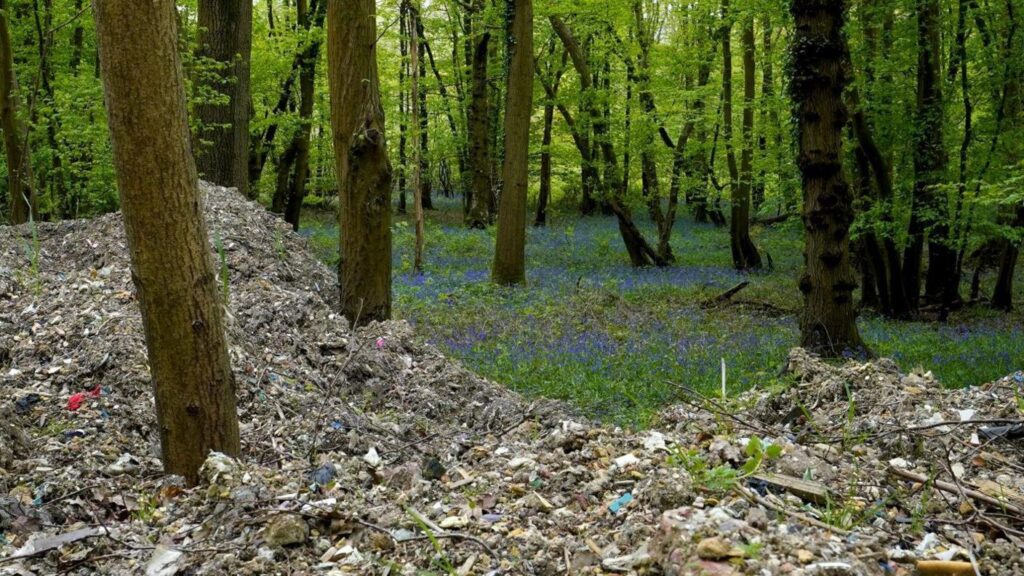The findings of research by Ipsos Mori were revealed at the Resource Recovery Forum's 'Alternate Weekly Collection' conference, held in London on Monday (July 6), with attitudes to AWC surveyed among 2,037 members of the public, including those with and without fortnightly residual waste collections.
A well-designed, communicated and operated AWC can lead to a step change in recycling performance
Sue Reed, WRAP
While 53% of those with weekly residual waste collections were 'strongly opposed' to the introduction of AWC, that figure reduced to just 9% when people were told the change would include enhanced recycling collections and a separate weekly collection of food waste.
At the same time, support for AWC increased, with those classed as 'tend to support' growing from 10% to 31%, and 'strongly support' from 4% to 17%, and Phil Downing, Ipsos Mori's head of environmental research, told the conference that “people are more pro-AWC if bespoke food waste and enhanced recycling collections are bought in”.
WRAP
The survey's findings were echoed by Sue Reed, ROTATE advisor at the Waste and Resources Action Programme (WRAP) who described a comprehensive dry recycling service as “key” to the success of AWC.
She explained: “Good practice would suggest a comprehensive dry recycling service, options for treatment of organic waste, weekly food waste collections – ideally the separate collection of food waste”.
However, responding to concerns from one attendee that this might mean that not including food waste collections would make an AWC scheme “bad”, Ms Reed said: “You should take that opportunity to see whether food waste should be introduced into that scheme, but if it isn't, it's not necessarily a bad scheme.”
Despite the support for introducing food waste collections, the survey discovered that 52% of those who currently have AWC do not have any food waste collection, either separately or alongside garden waste.
However, with food waste issues highlighted by the prime minister, Gordon Brown, earlier this week see letsrecycle.com story) and the publication of WRAP's 'The Food We Waste' report in May (see letsrecycle.com story), the issue of dealing with food waste in collections is likely to become increasingly important.
Problems
Examining the problems that came with AWC – both real and perceived – the survey found that concerns people had over the introduction of the AWC significantly reduced when the schemes were introduced.
Looking at issues such as an increase in smells and vermin, a growth in fly-tipping and containers not being big enough, Mr Downing commented: “Those with weekly collections do overestimate the problems they'd face if they moved to AWC.”
“Generally there's a two-times or three-times over-exaggeration of the problems compared to actual experiences,” he added. “From a practical view, operational issues around the bin are particularly important.”
While 57% of those with weekly collections thought that AWC would lead to an increase in vermin, only 9% of those with AWC indicated that that had been a problem for them, which conflicts with the findings of a separate survey by insurance company Esure, published last week (see letsrecycle.com story).
Referring back to the importance of introducing food waste collections as part of AWC, Mr Downing explained that “if you have bespoke food waste collections you do tend to eliminate the problems experienced by others, but not so if you have a mixed food/garden waste collection”.
Successful system
Ms Reed also outlined the keys to introducing a successful AWC system, emphasising good planning, strong support (“from elected members down to bin crew”), good quality and clear communications and the monitoring of performance and providing feedback.
And, with these in place, she said that “a well-designed, communicated and operated AWC can lead to a step change in recycling performance”.
This assertion was supported by the survey's discovery that 35% of those with AWC were recycling 'significantly more' than before the system was introduced, and 40% were recycling more, with just 1% recycling less.
Future prospects
Further independent research unveiled at the conference revealed that 225 local authorities in the UK have either introduced or are about to introduce AWC, but, with that number having only increased by 26 councils in the past two years, one attendee at the conference suggested that take-up of AWC has plateaued.
Commenting on that figure, Ms Reed said: “The remainder may not be looking at AWC but it doesn't mean they're standing still.
“Perhaps there's a finite number of local authorities that will ever consider that move,” she added, pointing to demographic and political issues as reasons councils might not want to switch to AWC.
John Twitchen, of environmental consultants Sauce Consultancy, added: “The plateau may be due to a lack of anaerobic digestion and in-vessel composting facilities, and maybe, with all the investment from Defra and WRAP, that will pick up again.”







Subscribe for free